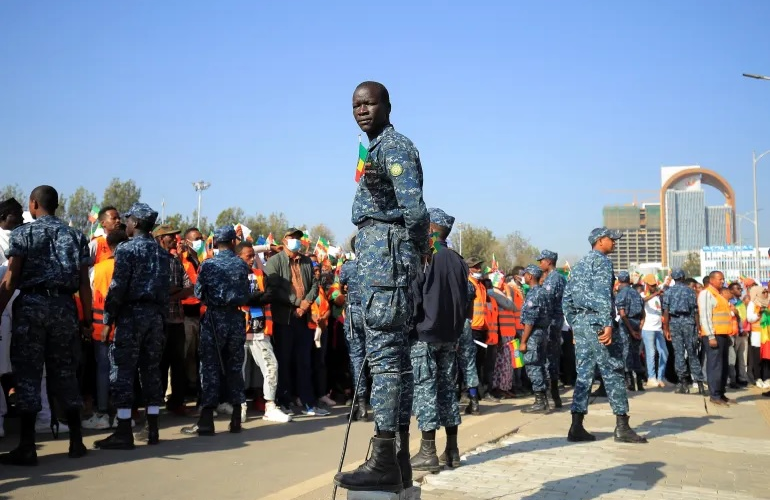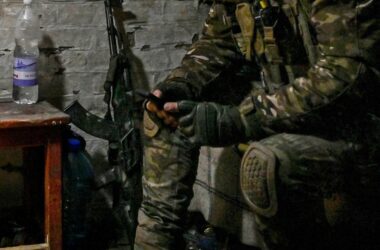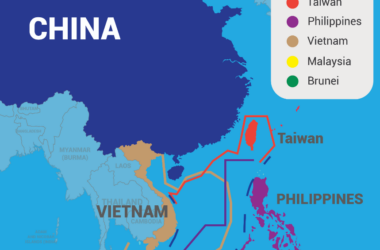Human Rights Watch (HRW) has accused Ethiopian federal forces of committing war crimes against medical professionals, patients, and health facilities in the conflict-affected Amhara region. According to a 66-page report released on Wednesday, HRW documented widespread attacks by federal forces and a pro-government militia, including arbitrary arrests and intimidation of medical personnel, assaults on healthcare facilities, and obstruction of medical services.
HRW’s report, based on interviews with 58 individuals, including victims and eyewitnesses, details incidents in at least 13 towns where federal forces and affiliated militias allegedly targeted healthcare providers and infrastructure. The report highlights several key allegations:
- Assaults on Medical Professionals: HRW documented cases where soldiers beat and arbitrarily detained medical workers for treating injured individuals, including those suspected of being affiliated with the Fano militia.
- Attacks on Healthcare Facilities and Ambulances: Federal troops allegedly attacked ambulances and disrupted hospital operations, obstructing access to medical care and creating fear among those needing treatment.
- Unlawful Arrests and Intimidation: The report claims that federal forces wrongfully arrested patients on mere suspicion of Fano connections, which further hindered access to medical facilities.
HRW emphasized that such actions violate international humanitarian law, which provides special protections to medical personnel and facilities. HRW’s Deputy Africa Director, Laetitia Bader, condemned the federal forces’ conduct, stating they were “disregarding civilian lives by attacking medical facilities” and operating “with near impunity.”
The Amhara region has been under significant strain since August 2023, when fighting broke out between federal forces and the Fano militia. This conflict prompted the Ethiopian government to declare a state of emergency in the region, which was only lifted last month. The recent violence in Amhara follows a fragile peace agreement signed in November 2022 to end a two-year conflict in the neighboring Tigray region.
The relationship between Amhara forces and the federal government deteriorated after Addis Ababa signed the 2022 peace deal with Tigray, causing feelings of betrayal among the Amhara. This historical tension, partly due to land disputes with the Tigray region, has exacerbated the conflict.
HRW highlighted the severe challenges faced by humanitarian agencies operating in Amhara. Access to the region has been heavily restricted, complicating efforts to provide aid. Since the resurgence of conflict, nine aid workers have been killed, including four this year alone. Media coverage and independent monitoring have also been limited due to the expiration of the UN commission’s mandate in October, further obscuring the full extent of rights abuses.
A recent report by the UN Office of the High Commissioner for Human Rights echoed HRW’s findings, citing over 2,000 civilian casualties in Amhara and numerous violations of international humanitarian law by both Ethiopian federal forces and the Fano militia.
HRW’s Laetitia Bader called for increased international attention to the situation in Ethiopia, urging global actors to pressure the Ethiopian government to hold accountable those responsible for the alleged abuses. She warned that without such scrutiny, the atrocities are likely to persist, undermining Ethiopia’s stability and humanitarian efforts in the region.
The accusations by HRW add to the growing concerns about Ethiopia’s ability to maintain peace and protect civilian rights in conflict-affected regions, underscoring the need for comprehensive monitoring and accountability measures.








